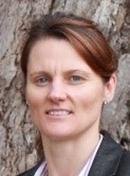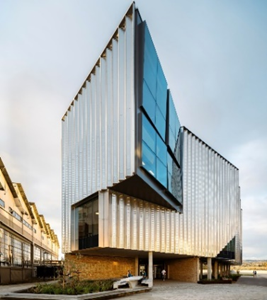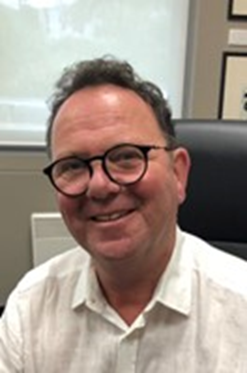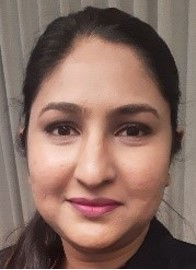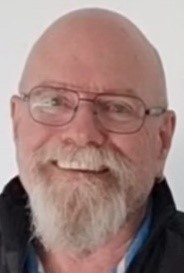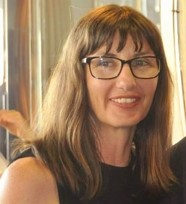The Northern Branch of The Royal Society of Tasmania invites you to our next lecture on Sunday 24 November 2024, in the Meeting Room, Queen Victoria Museum and Art Gallery (QVMAG) at Inveresk, Launceston.
The presentation will discuss what characteristics make for an acceptable floor and how this then relates to the introduction of a new timber resource that may be lower in density than current products, customs and standards currently recommended.
All RST members, their guests, and the public are welcome.
Admission is free for RST members. Admission is $6 for the general public, admission is $4 for students, QVMAG or TMAG Friends, and members of the Launceston Historical Society.
Time: 1.30pm.
Where: Meeting Room, QVMAG at Inveresk.
A flyer suitable for printing can be downloaded here.
This presentation will report on research which explored the use of Tasmanian plantation-grown Eucalyptus nitens timber in engineered flooring. Prototypes were developed and compared to existing products for domestic/light commercial applications.

The presentation will discuss what characteristics make for an acceptable floor and how this then relates to the introduction of a new timber resource that may be lower in density than current products, customs and standards currently recommended.

Dr Kuluni Millaniyage has a diverse background in wood science and forestry research-led practice in both academia and industry.
Dr Millaniyage is an experienced researcher and innovative timber products specialist with a history of developing novel engineered timber products from plantation timber. She has a background in forestry, wood and environmental science, analysis of standards and policies, social aspects and perceptions of timber use and product development.
Generously supported by

